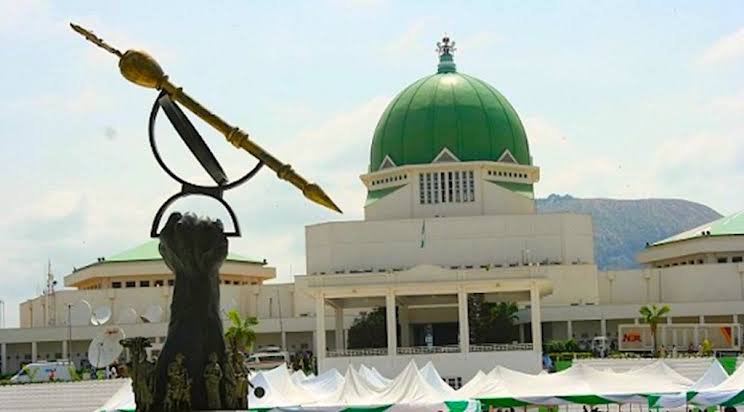Senate Passes The Nigerian Startup Bill (NSB).

The Nigeria Startup Bill (NSB) was approved by the Nigerian Senate yesterday.
This information was released over 4 months after the bill and a letter from the president were submitted to the National Assembly in March of this year. According to the letter, the Startup Bill aims to establish the nation’s startup environment as the premier digital technology hub in Africa.
The measure is now one step closer to receiving presidential assent, which suggests that the enabling environment for Nigeria’s ICT industry may soon be enhanced. While tech companies in Nigeria struggle with a lack of essential resources like consistent power supply and capital, they also encounter a variety of regulatory challenges.
For instance, since the Central Bank of Nigeria strengthened its prohibition on cryptocurrency trading in 2021, cryptocurrency firms have had to innovate. In Lagos, Nigeria’s most populous metropolis, state authorities similarly outlawed bike-hailing businesses in 2020, driving ORide, Max.ng, and Gokada out of the area.
To eliminate damaging rules like these, one of the three goals of the Nigeria Startup Bill is to close the communication gap between startups and regulators. Both the bill itself and a summary of it are available to the general public.
The bill also aims to encourage the creation, growth, and operation of startups in the nation through measures including tax advantages, government loans, and credit guarantee programs.
After being approved by the Nigerian Senate, the bill will now go through three readings in the House of Representatives (HoR). The bill will be sent to the president for his signature and become law if the HoR approves its provisions.
The timeline of the bill
June–September 2021: The Nigeria Startup Bill draft is created by the Nigerian presidency, in collaboration with 30 tech leaders including Ventures Platform founder Kola Aina and Future Africa founder Iyin Aboyeji, NITDA officials, and the minister of digital economy Isa Pantami.
October 2021: A draft of the bill is submitted to the Presidency and the Federal Executive Council (FEC).
December 2021: The Federal Executive Council (FEC) approves the bill.
February 2022: Nigerian president, Muhammadu Buhari, passes the bill to the National Assembly.
March 2022: The bill reaches the National Assembly and is received by the Nigerian Senate.
June 2022: Lagos, Nigeria’s most populous state, announces plans to domesticate the bill at state level.
July 2022: Nigerian Senate approves the bill and passes it to the House of Representatives.







